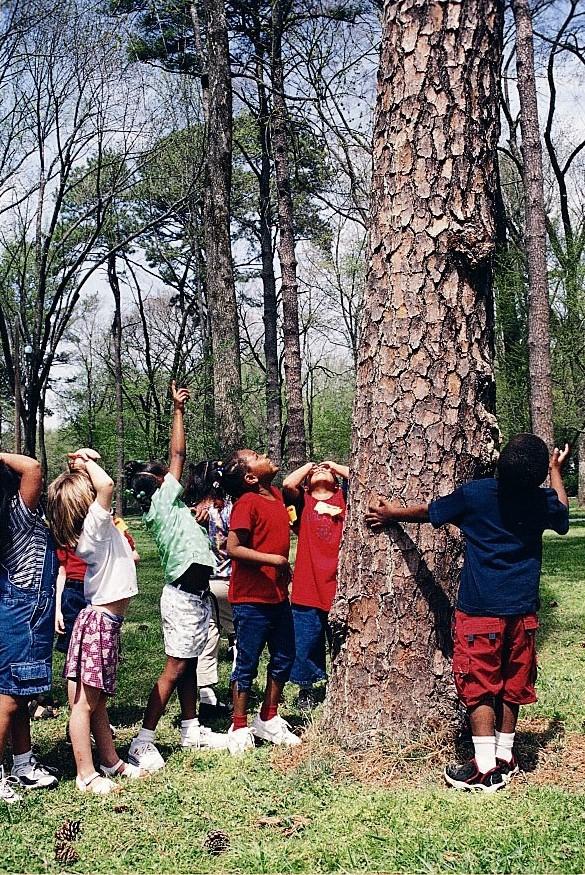If Trees Could Talk: Middle School Curriculum
 If trees could talk and we could listen, would we be wiser? The Forest History Society believes that we must understand the history of forests and their people in order to shape the future of people and their forests.
If trees could talk and we could listen, would we be wiser? The Forest History Society believes that we must understand the history of forests and their people in order to shape the future of people and their forests.
"If Trees Could Talk: A Curriculum in Environmental History" is an 11-module middle school curriculum that gives teachers the opportunity to download social studies activities that are based upon archival materials. The centerpiece of each module is a compilation of primary resources—documents, maps, newspaper articles, oral histories or photographs—from which students are asked to gather, examine, and analyze information, and synthesize insights.
Modules cover such topics as how Native Americans and European settlers managed forested landscapes, the significance of private forests in American society, the central role of wood in America’s industrial revolution, the history of wildfire policy and what it means for us today, and the history of the environmental movement.
-
- American Prehistory: 8000 Years of Forest Management
- From Forest to Farm and Back Again
- Fueling the American Industrial Revolution
- From Arbor Day to Earth Day
- A New Profession Takes Seed
- From Forest to Farm to Urban Forest
- Trees in Your Own Backyard
- Living in a Global Forest
- Fire: Fight or Coexistence
- Private Forests in the U.S.
- Forest and Forest Production Research
"If Trees Could Talk" is correlated to National History and Social Studies Standards, as well as individual state standards. The curriculum also meets the indicators for the Guidelines for Excellence developed by the North American Association for Environmental Education.
"If Trees Could Talk" was produced by the Forest History Society in collaboration with Duke University's Nicholas School of the Environment, North Carolina State University, Project Learning Tree, and the North Carolina Forestry Association. Funding was provided by the North Carolina Division of Forest Resources and the USDA Forest Service through the Urban & Community Forestry Grant Program; the Laird Norton Endowment Foundation; the Bradley/Murphy Forestry & Natural Resources Extension Trust, the Weyerhaeuser Family Foundation, and the U.S. Forest Service.
Curriculum was developed by Dr. Marsha Alibrandi, Lucy Laffitte, Kathleen Johnson, Meg John, and Cheryl Oakes, with assistance by Steve Anderson, Charlotte Clark, Angela Baker Cloud, Sylvia Gill, Rita Hagevik, Barbara Jean, Julia Kertz, Mark Megalos, Greg Morris, Rebecca Pruett, Bob Robinson, Jennifer Swanson, and Susan Zachary.
For more information, please contact Jamie Lewis.
Copyright, Forest History Society 2020.

